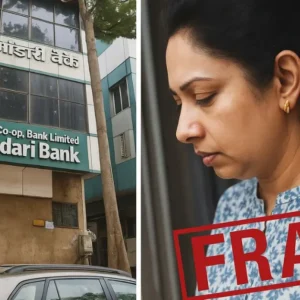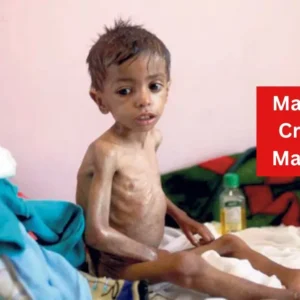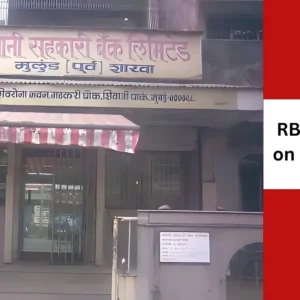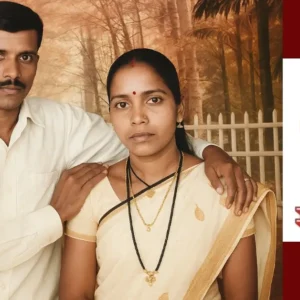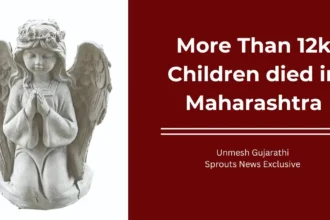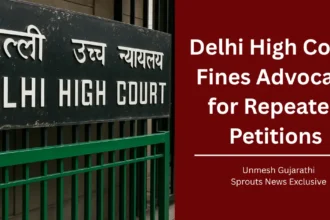The Beer Lobby’s Maharashtra Strategy: Expanding Market Access
Maharashtra is India’s second-largest alcohol-consuming state, with beer accounting for 18% of the national share. Despite this, the state’s beer market has long been restrained by complex regulations. Now, the beer lobby—comprising major brewers and craft beer entrepreneurs—is advocating for policy changes that could reshape this ₹15,000 crore industry.
Their strategy is based on three key areas: simplifying licensing, reforming taxation, and supporting craft beer growth.
1. Easing Licensing Rules
Maharashtra’s three-tier licensing system—separate permits for production, distribution, and retail—creates costly barriers, especially for small businesses. Larger firms like United Breweries and AB InBev can manage this, but local brewers struggle.
The 2022 draft policy proposed allowing beer sales in supermarkets and hypermarkets. While this would increase accessibility and normalize beer consumption, conservative opposition stalled the move. Still, the beer lobby continues to push for modern retail reforms.
2. Tax Rationalization: Closing the Gap with Neighboring States
Maharashtra’s 65% excise duty on beer is among the highest in India. In contrast, Goa levies only 25%. This leads to cross-border purchases, reducing state revenue and harming local businesses.
Industry groups are calling for tax reforms to align with neighboring states, suggesting a flat-rate system or reduced slabs to retain market share and boost revenue.
3. Promoting Craft Breweries and Local Brands
Cities like Mumbai and Pune are seeing a growing interest in craft beer, but current regulations limit microbreweries to on-site consumption only. This restricts scalability and market expansion.
A 2021 policy change halved license fees, leading to a 30% rise in new microbreweries. The beer lobby now wants to enable bottling and retail distribution to support growth and consumer choice.
Economic Rationale: Jobs, Revenue, and Tourism Potential
The beer lobby positions its campaign as a path to economic development.
Job Creation: Alcohol-related industries in Maharashtra employ over 500,000 people. Reforms could create an additional 50,000 jobs by 2030.
Revenue Growth: Alcohol taxes contributed ₹22,000 crore in 2023. With better tax policies and streamlined operations, experts estimate a 12–15% annual revenue increase.
Tourism Development: Inspired by Nashik’s wine tourism success, the lobby envisions beer tourism circuits in cities like Pune and Mumbai.
“Lower taxes and easier licensing could make Maharashtra a hub for breweries,” says Dr. Rina Mehta, Economist, Mumbai University. “But balancing revenue and public health is critical.”
Public Health Considerations
Health experts and NGOs remain cautious about these proposed reforms.
Rising Addiction: Maharashtra already has one of the highest rates of alcohol dependence in India. A 2023 Lancet study highlighted a 20% spike in liver diseases in Karnataka following relaxed alcohol laws.
Youth Access Risks: Supermarket sales could lead to easier access for minors, increasing the risk of underage drinking.
Community Impact: Activist groups like SANJIVANI argue the focus should be on rehabilitation, not market expansion.
Learning from Kerala: A Mixed Model
Kerala’s partial prohibition between 2014 and 2016 reduced alcohol-related deaths by 33% but also resulted in a ₹8,000 crore revenue shortfall. Maharashtra will need to carefully weigh similar trade-offs if reforms move ahead.
What Lies Ahead for Maharashtra’s Beer Industry
As elections approach, policymakers are closely monitoring public opinion.
2024 Draft Excise Act: Includes longer pub hours and trial programs for online alcohol delivery.
Consumer Demand Trends: There’s growing interest in low-alcohol and craft beers from brands like Bira, Simba, and White Owl.
Global Inspiration: Models from Germany, Belgium, and the U.S. offer frameworks for balancing public interest with economic opportunity.
Conclusion
Maharashtra stands at a crossroads. The beer lobby’s proposals promise jobs, revenue, and industry growth. But the risks—especially to public health—are real.
Sprouts News will continue to track these developments and hold all sides accountable.
FAQs on Beer Lobby
1. Why are Maharashtra’s beer taxes so high?
The 65% excise duty aims to curb consumption and raise revenue but also leads to reduced local demand and cross-border smuggling.
2. What policy changes are the beer lobby proposing?
They include beer sales in supermarkets, allowing craft breweries to retail externally, online delivery options, and tax reductions.
3. How might these reforms affect public health?
Easier access to beer may increase alcohol-related diseases and underage drinking. Strong safeguards will be necessary.
Subscribe to Sprouts News for the latest on policy reforms and industry shifts. Have thoughts on Maharashtra’s alcohol policy? Share your views in the comments below.



